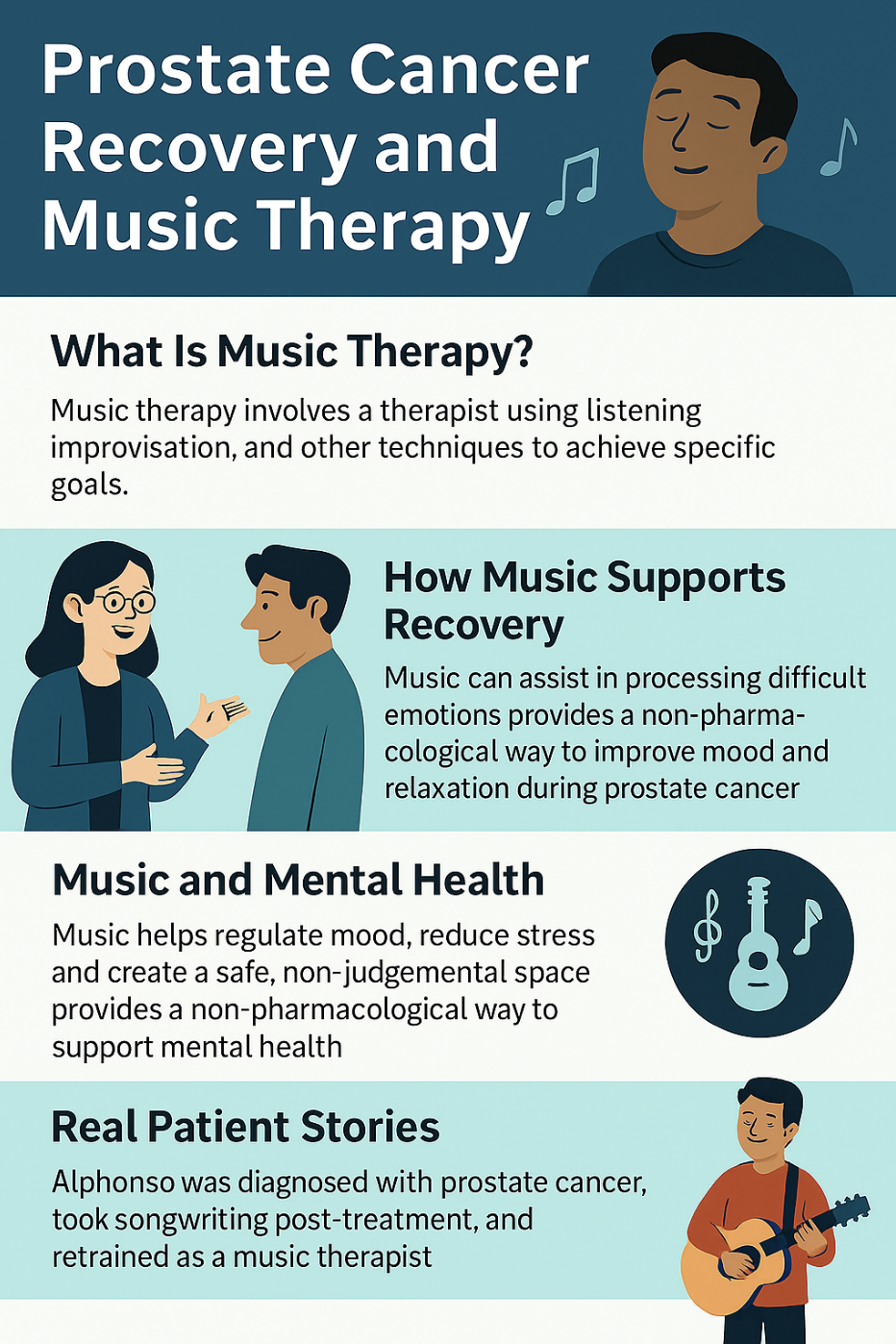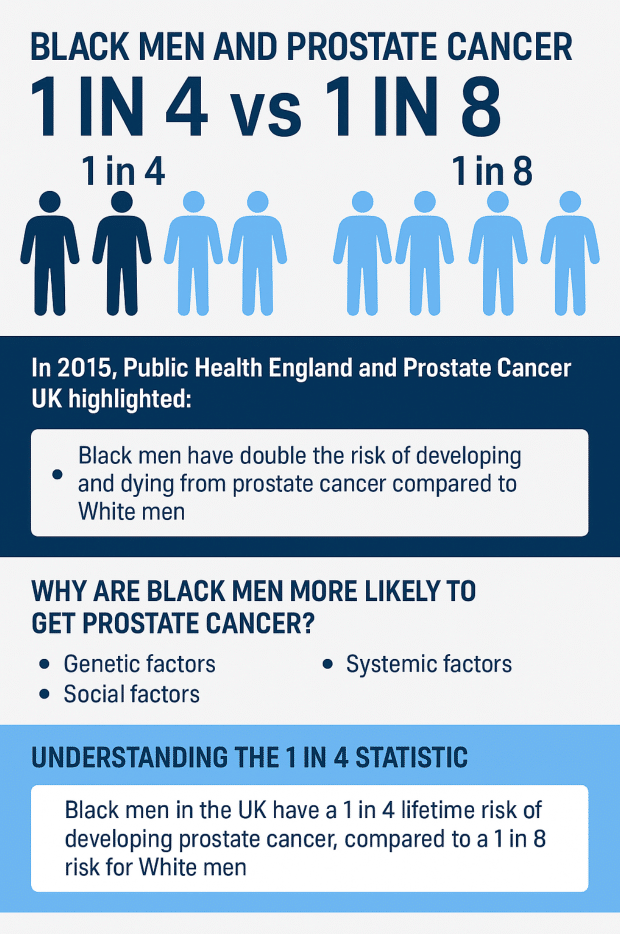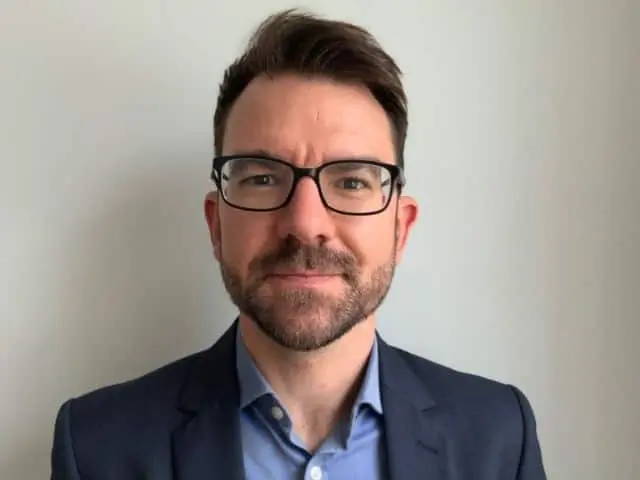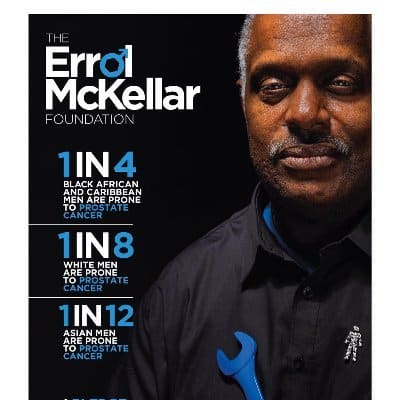
Reading Time: 4 minutes
Medically Approved by Dr Aqua Asif (May 1st 2025)
Written by Brian Lynch
Music can be far more than background noise; for many men it becomes an active part of healing. Clinical music therapy is now offered by a growing number of NHS and charity services and is supported by a body of research demonstrating benefits such as reduced anxiety, improved mood and better quality of life during and after cancer treatment.
This article follows the journey of Alphonso Archer, a prostate cancer survivor who turned his lifelong love of music into a therapeutic tool and a new career. His story illustrates how sound can support strength, connection and recovery.
What is music therapy?
Music therapy is a regulated profession in the UK. HCPC-registered therapists use listening, improvisation, songwriting and guided relaxation to meet specific clinical goals that are agreed with each patient. Sessions can be one-to-one or in groups and are delivered in hospitals, hospices, mental-health settings and community clinics.
Unlike casual listening, clinical music therapy is structured, goal-oriented and evaluated; for example, helping to reduce anxiety related to medical procedures, improve sleep or facilitate emotional expression when words fall short.
How music supports recovery
For Alphonso, music was already a meaningful part of life, but during prostate cancer recovery, it became something more. As he underwent hormone therapy and radiotherapy, his emotional health began to decline. Music gave him a safe outlet to process fear, frustration, and fatigue when words weren’t enough.
He began writing songs throughout his treatment and found the process both therapeutic and grounding. Creating music helped him reconnect with parts of himself that illness had pushed aside. It also brought structure to his days and gave him a creative way to track emotional progress.
Men recovering from prostate cancer often report similar benefits. Whether it is structured improvisation with a therapist or mindful listening at home, music provides a non-pharmacological way to steady mood, promote relaxation and rebuild identity at a time when confidence may be low.
Music and mental health
Facing prostate cancer often leads to anxiety, sadness, and emotional exhaustion. Many men find it difficult to open up about these feelings or seek help through traditional forms of support.
Music has been shown to help regulate mood, reduce stress, and improve emotional processing. For men grappling with changes to identity, masculinity, or physical function, music creates a safe and non-judgemental space. It supports reflection and healing without the pressure of having to explain everything in words.
Alphonso’s story reflects how powerful this impact can be. After hormone therapy, he described feeling emotionally flat and disconnected from himself. Music helped him reconnect with his identity and restore confidence in the middle of uncertainty.
Real patient stories
Alphonso was working in IT sales when he was diagnosed with prostate cancer, a moment that changed the course of his life. After going through PSA testing, biopsies, hormone therapy, and radiotherapy, he chose to reconnect with his lifelong passion for music. That decision not only supported his recovery but also opened the door to a completely new and fulfilling career.
He retrained as a music therapist and began working with children with autism, where he witnessed music’s ability to unlock emotion and communication. Now, he is researching prostate cancer music therapy for his postgraduate dissertation, focusing specifically on how black men use music to process their diagnosis and side effects. His work aims to highlight music’s role in healing emotional wounds that are often overlooked in prostate cancer care.
Alphonso’s journey is just one of many powerful examples. Reading about and connecting with other prostate cancer treatment success stories can help you along with your own journey. These real accounts show how recovery is about more than just physical treatment; it’s about rebuilding confidence and reconnecting with purpose.
Combining music with treatment
Music therapy does not replace medical treatment but complements it. For men weighing up options such as surgery, radiotherapy or focal therapy, music sessions can improve sleep and enhance coping between appointments. Group programmes also offer peer support and help reduce feelings of isolation.
To understand how emotional support and clinical decisions work hand in hand, visit our guide on focal therapy effectiveness explained.
How to begin music therapy
Starting music therapy doesn’t require any background in music or performance. Many qualified therapists work in hospitals, cancer centres, mental health clinics, and community services. You can also ask your GP or cancer team whether music therapy is offered in your area or available through referrals.
If formal therapy isn’t available, men can still benefit from making music part of their daily life. Creating playlists, writing songs, or simply setting aside quiet time to listen can be powerful. The most important thing is choosing music that brings calm, clarity, or emotional release when it’s needed most.
Support groups and cancer charities sometimes include access to creative therapies like music. These shared experiences can open the door to connection and healing in new ways. And as Alphonso’s story shows, even a small step with music can lead to something transformative.
Final thoughts
Alphonso’s story reminds us that healing is about more than medicine, it’s about restoring your sense of self. Music offers a way to reconnect with identity, release difficult emotions, and find strength during and after treatment. For many men, it becomes an unexpected but powerful companion on the road to recovery.
Prostate cancer music therapy continues to grow in awareness and accessibility. As more research like Alphonso’s emerges, men are discovering new ways to cope, connect, and move forward. Whether through therapy or personal creativity, music can bring light to even the darkest chapters of the journey.
References
Fancourt D, Ockelford A, Belai A. The psychoneuroimmunological effects of music: a systematic review and a new model. Brain Behav Immun. 2014;36:15-26. doi:10.1016/j.bbi.2013.10.014
Bradt J, Dileo C, Myers-Coffman K, Biondo J. Music interventions for improving psychological and physical outcomes in people with cancer. Cochrane Database Syst Rev. 2021;10(10):CD006911. Published 2021 Oct 12. doi:10.1002/14651858.CD006911.pub4
Rossetti A, Chadha M, Torres BN, et al. The Impact of Music Therapy on Anxiety in Cancer Patients Undergoing Simulation for Radiation Therapy. Int J Radiat Oncol Biol Phys. 2017;99(1):103-110. doi:10.1016/j.ijrobp.2017.05.003





